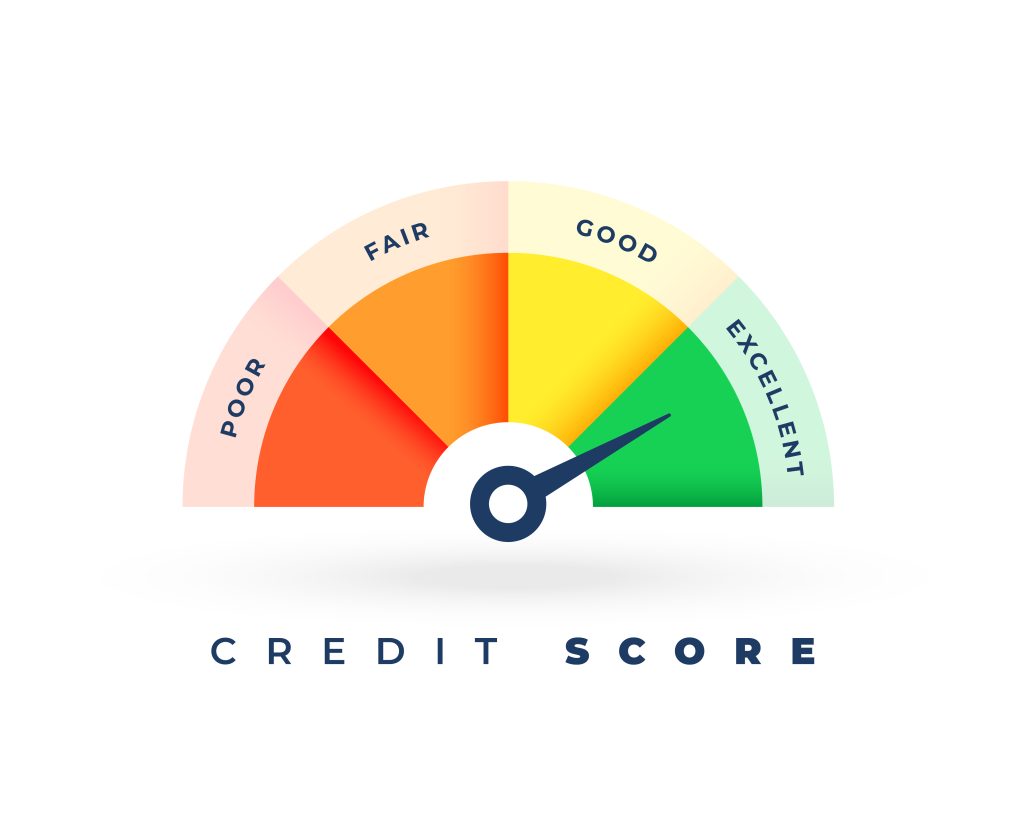Your credit score is one of the most critical factors in determining your financial opportunities in the U.S. Whether you are applying for a credit card, securing a loan, or even opening an account, banks assess your creditworthiness before granting financial services. A strong score can open doors to better interest rates, higher credit limits, and exclusive banking benefits.
Many consumers underestimate the power of their when selecting a bank. However, financial institutions use this three-digit number to evaluate risk and determine the products available to you. Understanding how your score influences your banking options can help you make informed financial decisions and maximize your benefits.
How banks use your credit score

Banks rely heavily on your credit score to approve credit-based products. If you plan to apply for a mortgage, personal loan, or auto financing, a high score can mean the difference between approval and rejection. Additionally, borrowers with excellent credit receive lower interest rates, reducing long-term financial costs.
If your score is on the lower end, lenders may offer loans with higher interest rates or require additional security, such as a co-signer or collateral. Some banks even have minimum credit score requirements for specific financial products, making it essential to check your eligibility before applying.
Access to premium credit cards
Exclusive credit cards with attractive perks, such as cashback rewards, travel benefits, and purchase protections, are generally reserved for individuals with high credit scores. American banks offer a variety of card options, but many require a strong credit history for approval.
If you have a low score, you may be limited to secured or entry-level credit cards with fewer benefits and higher fees. Choosing a bank that aligns with your credit status ensures you receive the most suitable financial tools to build and enhance your score over time. Additionally, some banks provide free credit monitoring services and financial education resources to help customers improve their creditworthiness.
Choosing the right bank based on your credit score
Traditional banks, such as Chase, Bank of America, and Wells Fargo, often have stricter credit requirements for loans and credit cards. If you have an excellent credit score, you may qualify for exclusive products with competitive interest rates and rewards.
Online banks and fintech institutions, however, tend to offer more flexible options. Some cater specifically to individuals with low or no credit history, providing alternative approval criteria and credit-building opportunities. Researching banks that fit your financial profile can prevent unnecessary credit denials and boost your banking experience.
Secured vs. unsecured financial products
For those with a lower credit score, choosing a bank that offers secured financial products can be beneficial. Secured credit cards and credit-builder loans help establish a positive payment history, gradually improving your score.
On the other hand, if you have a strong credit profile, opting for unsecured financial products with no deposit requirements provides greater financial freedom. Selecting a bank with a diverse range of options ensures that you can transition from secured to unsecured products as your credit score improves. Some banks also offer hybrid options, allowing customers to convert secured accounts into unsecured ones after demonstrating responsible credit behavior.
Improving your credit score for better banking opportunities
If you want to access better financial products, improving your credit score is essential. A high score opens doors to lower interest rates, higher credit limits, and premium banking benefits. Lenders view a strong credit profile as a sign of financial responsibility, increasing your chances of approval. Here are some key strategies:
- Make on-time payments – Your payment history significantly impacts your score, so never miss a due date.
- Lower your credit utilization – Keeping your credit usage below 30% of your limit improves your score.
- Avoid unnecessary credit inquiries – Each application can lower your score slightly, so apply only when necessary.
- Check your credit report regularly – Identifying and disputing errors can prevent score reductions.
- Diversify your credit mix – Managing different types of credit, such as loans and credit cards, can strengthen your profile.
How long does it take to see improvements?
Building or repairing your credit score requires patience. Small changes, such as reducing outstanding debt, can reflect in your score within a few months. However, significant improvements, like recovering from missed payments or defaults, may take a year or more.
Choosing a bank that supports your credit-building journey, such as those offering financial education and free credit monitoring, can accelerate your progress. Many banks now provide insights on how to enhance your score through personalized recommendations. Additionally, some institutions offer incentives, such as interest rate reductions or increased credit limits, for responsible financial behavior.
Additional factors to consider when selecting a bank
Beyond requirements, consider a bank’s customer service and support options. A bank that provides financial guidance and responsive customer service can be a valuable partner in your financial journey. Look for banks that offer 24/7 support, chat assistance, and educational resources.
Fees and hidden charges
Different banks impose various fees, including maintenance charges, overdraft fees, and ATM usage costs. Reviewing a bank’s fee structure ensures you are not paying unnecessary costs that could impact your financial goals. Some banks waive fees for customers with high credit scores or strong banking relationships.
Financial tools and digital access
A strong banking experience involves more than just financial products. Evaluate whether a bank offers digital tools, mobile banking apps, and financial planning resources. Access to budgeting tools, spending insights, and credit score tracking features can help you stay on top of your financial health.
Final thoughts: making smart banking decisions
Your credit score is a powerful tool that influences your banking options in the U.S. Whether you seek better loan terms, premium credit cards, or everyday banking services, understanding how banks assess your score can help you make informed decisions.
Selecting the right financial institution based on your credit profile ensures you maximize your benefits while working towards a stronger financial future. By maintaining good credit habits and strategically choosing your bank, you can unlock greater financial opportunities and long-term stability.






